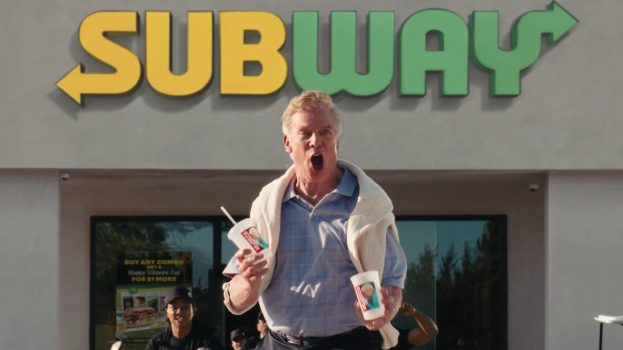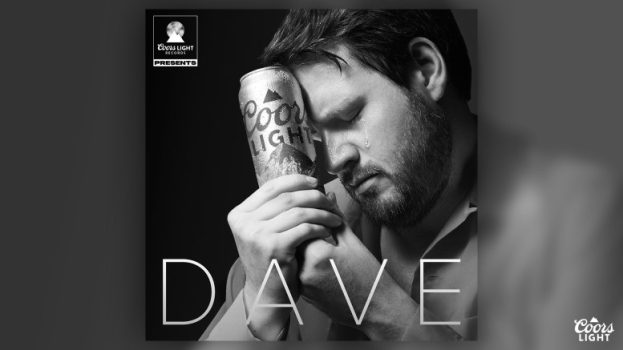
Google Canada is looking to spark a conversation – and promote education – about artificial intelligence among the first generation to grow up with it.
That is the spirit behind its new campaign, “Slogans for the Class of 2030.” The project brought the tech company together with Canadian artist and author Douglas Coupland and creative agency Cossette in an AI-empowered creative effort.
For the project, Coupland’s entire body of published works was fed into a language-learning algorithm that spat out suggested language and phrases. Coupland then used the output as inspiration for 25 standalone works of art that tie back to his earlier “Slogans for the 21st Century,” a set of slogans about contemporary society.
[iframe_vimeo video = “578466900”]
Though it was initially planned as an art exhibition in Toronto, the closure of museums by the coronavirus pandemic forced the team to pivot.
“We thought we needed to have it in a gallery and have people come to experience it like they would any other work of art. It sort of breaks down that wall between the tech of A.I. and the tangible nature of going and seeing something that’s been made,” explains Jacob Greer, creative director at Cossette. “Then the pandemic closed everything down, but we wanted to get it out in the world, one way or another.”
As a result, the work was translated into a number of digital OOH displays in high-traffic areas in Calgary, Toronto and Vancouver that are being promoted on social media.
“Social and out-of-home have been a great way for us to engage with students not just in Canada, but around the world,” says Chris Henry, product marketing manager at Google.
And that engagement was the key, as the goal of the project is “to trigger a conversation around A.I.,” says Henry – particularly to shed a light on the wide variety of ways it can be used.
“We really want to help this younger generation to understand what A.I. is and how they can use it in creative fields that they might not have thought of otherwise,” he explains. “People think of it in applications such as finance or medicine right now, but we want to engage with students who might be looking at a career in the arts and show them they can use it.”
Reminiscent of other programs such as CS First, which teaches programming and coding to kids by tying it to creativity, the intention is to remove the intimidation factor surrounding A.I. and “encourage more students to move into that space,” notes Henry.
That mission is core to Google Canada because “we are an A.I. company and it’s at the heart of everything we do,” he adds.























